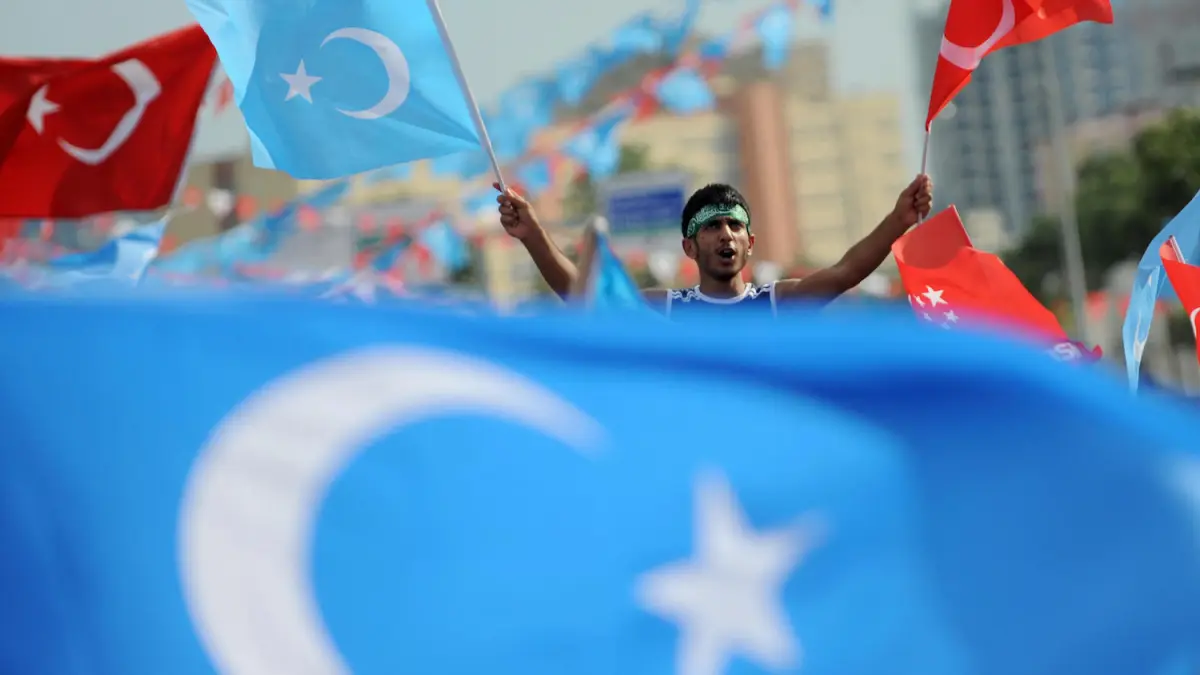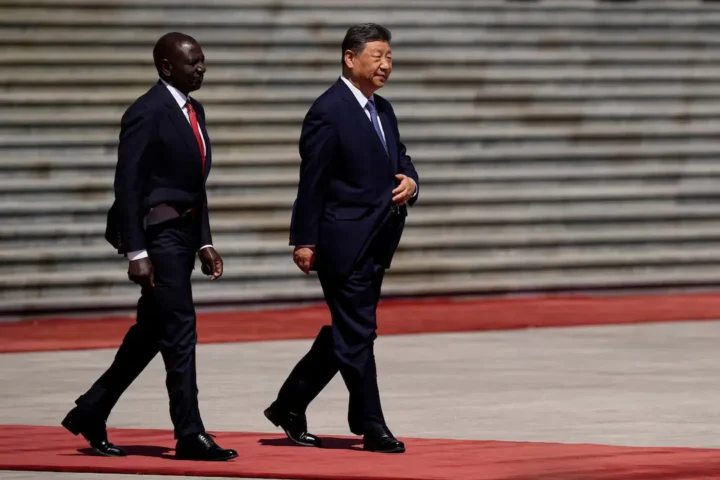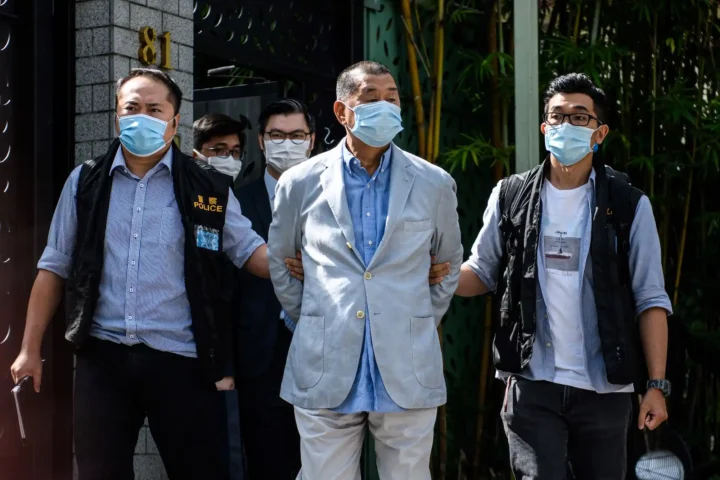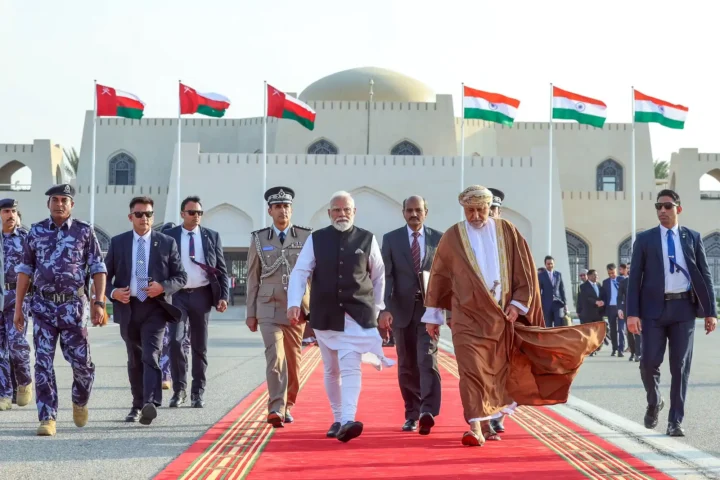The unfolding tragedy of the Uyghurs, a Turkic Muslim minority subjected to systematic repression and ethnic cleansing by the Chinese state in East Turkistan (Xinjiang), has attracted global condemnation over the past decade. Yet, in a troubling turn, Turkiye—a nation historically seen as a cultural and political refuge for Turkic peoples—has proposed a resettlement plan for millions of Uyghurs that inadvertently aids Beijing’s genocidal campaign. This plan represents a profound betrayal of Uyghur identity and dignity and signals how realpolitik often suffocates human rights.
The story begins with China’s sweeping efforts to erase Uyghur presence in their ancestral homeland under the guise of anti-terrorism and poverty alleviation. It is now well-documented that China’s policies involve mass detention in “re-education” camps, forced labor, cultural suppression, and demographic engineering aimed at diluting the Uyghur population through Han Chinese migration and forced assimilation. Behind this is a brutal strategy of ethnic cleansing by bureaucratic means: breaking the lineage and roots of an entire people.
Amid this horror, Turkiye has emerged with a seemingly humane proposition: to resettle Uyghurs displaced by China’s policies in Turkish territories suffering from population decline and economic stagnation. At face value, the idea of providing refuge to a persecuted people may appear benevolent. However, a deeper look reveals an alignment of interests between Ankara and Beijing that risks further embedding Uyghur loss—and bolstering Chinese ethnic cleansing under an internationalized guise.
Ankara’s plan involves shifting tens of millions of Uyghurs from East Turkistan into rural and agricultural zones in eastern and southeastern Turkiye, regions traditionally inhabited by Kurdish communities. The plan is touted by Turkish officials as a solution to internal demographic challenges, framing Uyghurs as ideal settlers—hardworking, culturally Turkic, and displaced by China’s nuclear testing and harsh repression. Pro-government media amplifies the narrative, masking the geopolitical and human costs while normalizing a demographic transformation.
Yet this “resettlement” is not voluntary migration guided by humanitarian principles. Experts and human rights organizations warn it effectively serves as forced displacement, cloaking China’s ongoing genocide with a veneer of migration management. Estimates indicate that such a mass movement could uproot up to 40% of the Uyghur population confined within East Turkistan. This would decimate Uyghur claims to their historic homeland and contribute to turning East Turkistan into a demographic blank slate for Han Chinese settlement.
The international Uyghur diaspora and exiled governments have decried this plan as complicity in ethnic cleansing. “Breaking their lineage and breaking their roots” — China’s shameful slogan — finds partners in Ankara’s policies if this scheme proceeds. Recent agreements between Turkiye and China have included clauses facilitating this migration under euphemisms like “humanitarian migration” and “economic cooperation,” signaling deepening political alignment. Turkish laws are apparently being amended to facilitate professional and social integration of displaced Uyghurs, just as pro-government media quietly erases East Turkistan from maps of the Turkic world—an ideological capitulation to Beijing’s denial of Uyghur distinctiveness.
This arrangement risks igniting fresh ethnic tensions, destabilizing already volatile Kurdish-majority regions that now face demographic shifts. Uyghurs, traumatized refugees from repression, may encounter marginalization, exploitation, and forced assimilation in Turkiye, echoing the very oppressions they fled. Several human rights groups have documented increased detentions and deportations of Uyghur refugees in Turkiye, underscoring a crackdown on their freedoms even outside China’s borders.
Why is Turkiye, a country with historical, linguistic, and religious ties to the Uyghurs, choosing this path? The answer lies in Ankara’s geopolitical calculus. Over the past two decades, Turkiye’s rapprochement with Beijing has grown, driven by economic interests, infrastructure investments, and diplomatic partnerships. This pragmatism, however, has come at a moral cost, sidelining the Uyghur plight for political expediency. As Turkiye seeks to balance multiple regional powers and secure trade relationships, it has forsaken its traditional role as protector of Turkic peoples.
Such realpolitik not only undermines the Uyghurs but erodes Turkiye’s standing on human rights globally. The country risks becoming a willing accomplice in Beijing’s campaign of cultural genocide, facilitating the erasure of a people in exchange for economic gains and geopolitical favor. This is not mere complicity; it is active participation in ethnic cleansing through forced displacement.
The international community must respond decisively. While much attention has focused on China’s internal abuses, external actors facilitating Uyghur displacement and resettlement deserve scrutiny and sanctions. Turkiye must halt policies that enable this mass uprooting and instead uphold asylum rights and sanctuary for Uyghurs fleeing persecution. Regional stability depends on protecting minority rights, not advancing demographic engineering under geopolitical deals.
The Uyghur tragedy deserves more than opportunistic statecraft and demographic dreams of “survival” through displacement. Their cultural and geographical identity must be preserved—not dismantled. The world must call upon Turkiye to reverse its course before this plan cements the Uyghurs’ erasure both from East Turkistan and from the global map as a persecuted but enduring people.











